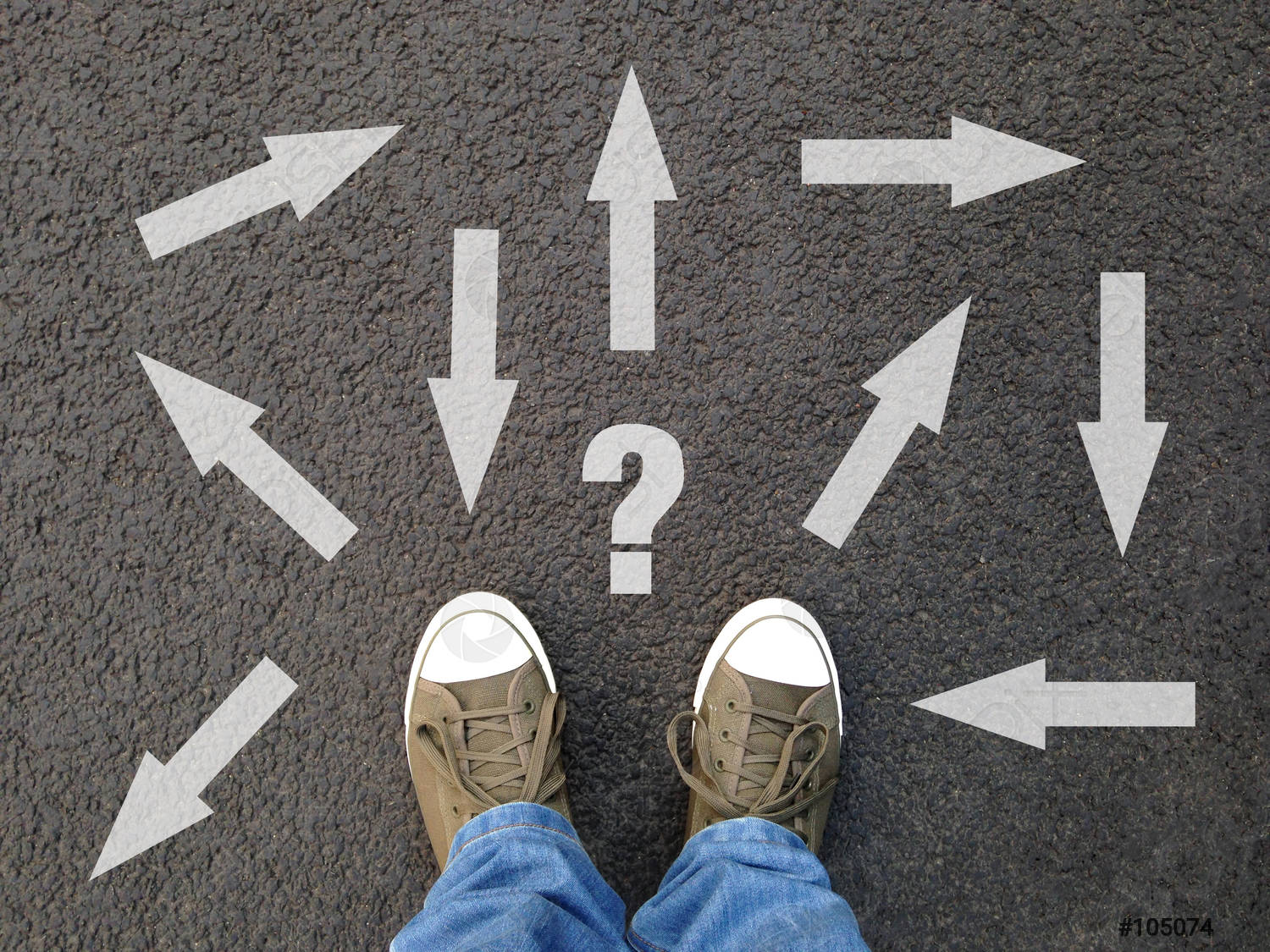Normally Gen Z appears to be distant. This evokes questions such as ‘Do they think they are too cool? Is this because of the social media craze they have? Or the followers they have on Twitter or the likes they rack up on Instagram? Or is there a deeper psychological reason for it?
Here is my take on understanding these questions…
A single step in the line of descent from an ancestor, which normally lasted 15 to 20 years, is what we used earlier to designate generations. Nowadays, during the formative years of an age cohort, big events, innovations, or cultural upheavals shape generations.
Although it's not a precise science, studying generations can give managers some useful insights into recruiting the newer generations and how to work with them. Generational spans are anticipated to decrease to 5 to 10 years due to how disruptive technology has been playing an increasingly pivotal role in shaping generations and how quickly the world is changing.
A generation that was born in the period of the overabundance of smartphones is likely to have different preferences and proclivities than one that is born 10 years later, in the era of the overabundance of blockchain and artificial intelligence. Organisations will soon have to hire, work with, and lead a wider range of generations than they have ever had before. The 1st generation to emerge from this new period of generations will be Gen Z.
With that, organisations are being forced to understand possible factors that are causing these differences in Gen Z’s behaviours to be able to work cohesively with them. Although, it is difficult to generalise an entire generation to a set of behaviours, as individual experiences and coping mechanisms vary widely. Research shows some of the most common factors are: Rise in influence and abundance in access.
Modern times provide for instant exposure to events that occur halfway around the world. People are exposed to key events, ideas, and technologies at a frequency never previously experienced, thanks to smartphones and never-ending news streams. Access to information, people, opportunities, capital, tools, etc. is abundant and changing how Gen Z works, learns, travels, buys, communicates, and more.
According to research, Gen Z's values, expectations, and behaviours are being influenced by 44 per cent of the world's population who use social media every day. Prior generations' attitudes, expectations, and behaviours stayed largely constant for decades due to limited influences, restricted information flow, and slowly changing environments. As a result, Gen Z is drastically different from earlier generations.
Because of the overload and exhaustion that this constant connectedness can cause, some people may choose to disengage and stay aloof as a coping mechanism. In addition, a variety of cultural and societal variables, such as political polarisation, economic uncertainty, and a greater awareness of topics like mental health and social justice have an influence on Gen Z. These elements may contribute to feelings of anxiety or stress, which may prompt some people to isolate themselves or become emotionally detached as a way to protect themselves emotionally.
Having said that, it's critical to understand that withdrawing from or remaining far from others is not always a beneficial coping strategy. It may cause feelings of isolation or loneliness, which may exacerbate mental health problems. It's critical for people to strike a balance between attending to their mental health needs and remaining socially involved and connected to others with coping mechanisms like seeking a mental health professional, mindfulness meditations, exercise, social support etc.









